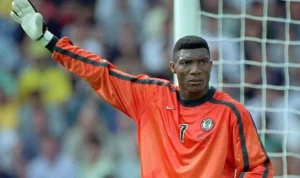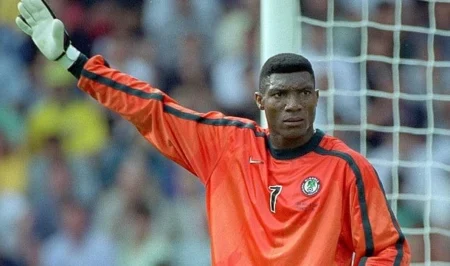Donald Trump’s running mate J.D. Vance and Kamala Harris’ vice presidential selection Tim Walz, who will debate each other on Tuesday.
Vance and Walz represent contrasting visions of masculinity in an election that is dividing American men and women more than ever.
Vance, the Republican candidate, has a conservative understanding of family.
The Ohio senator has been chastised for disparaging “childless cat ladies,” who, he claims, have no “direct interest” in the welfare of the country since they do not have children.
As a former soldier from a lower-income household, Vance sees himself as a voice for the oppressed Americans among whom he grew up.
Vance, who strongly opposes abortion, also criticises modern family values, which he believes encourage ‘people to swap partners like they change their pants’.
On the other hand, Democrat Tim Walz seeks to create a different image of the good family man—one who is not afraid to display a more vulnerable side of himself, such as when discussing his reproductive issues with his wife Gwen.
“I can remember praying each night for a phone call,” he recounted at the Democratic National Convention.
“The pit in your stomach when the phone would ring, and the absolute agony when we heard the treatments hadn’t worked.”
The Minnesota governor, a former teacher, typically recounts how he helped establish the first LGBTQ student organisation at the high school where he taught, long before homosexual rights were widely accepted.
Walz, who previously coached high school football and served in the National Guard for 24 years, continues to embody the conventional masculine archetype, whether he’s talking about his favourite hardware shop on TikTok or brags about his hunting prowess.
In relation to Vance, for example, Walz stated, “I guarantee you he can’t shoot pheasants like I can.”
“The Harris campaign is offering alternatives to the ‘toxic masculinity’ that has captured the Republican party,” said Karrin Vasby Anderson, a communications studies professor at Colorado State University.
Doug Emhoff, Harris’ husband, passionately supports his wife and has no issue making himself the target of jokes, such as when he relates the uncomfortable voicemail he left her after their first date.
The posturing is a long cry from Donald Trump’s “macho man” approach, which he invokes by opening his rallies with the Village People’s popular song of the same name.
Anderson opines that societal gains by women and people of colour have “required white men to make adjustments to how they speak, what jokes they tell, how they comport themselves in romantic relationships, and how they conduct themselves at work.”
“Some men don’t like having to change,” she added.











